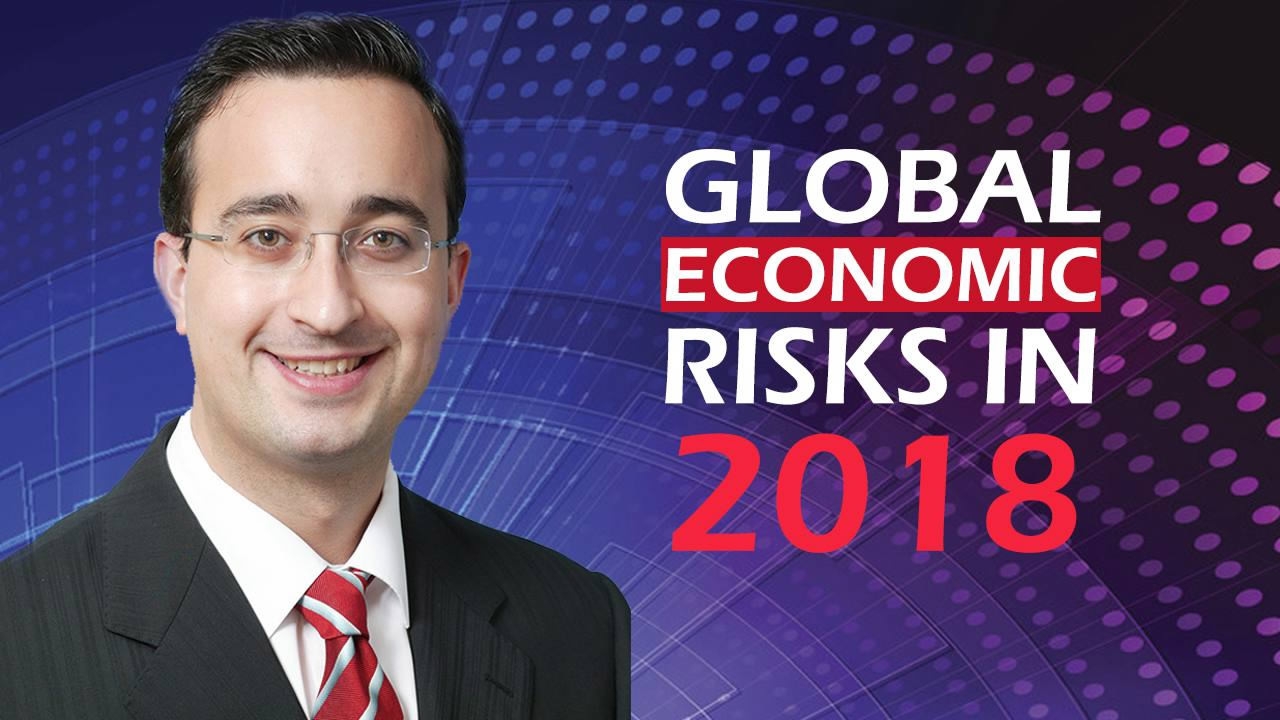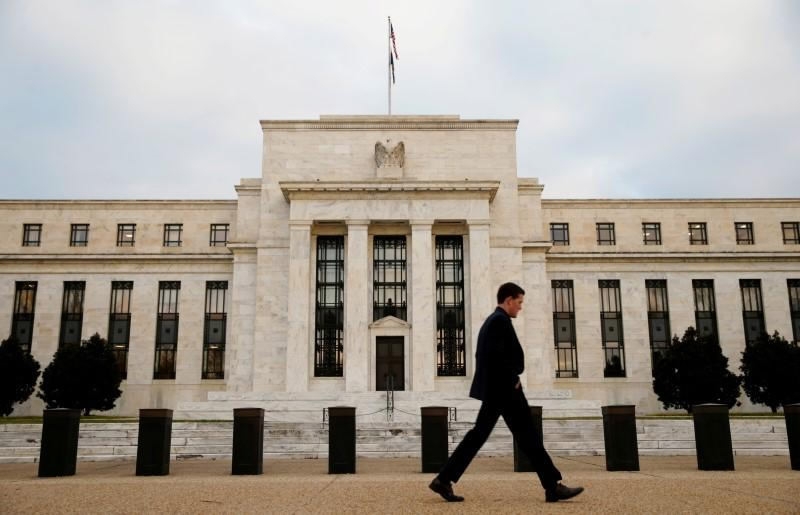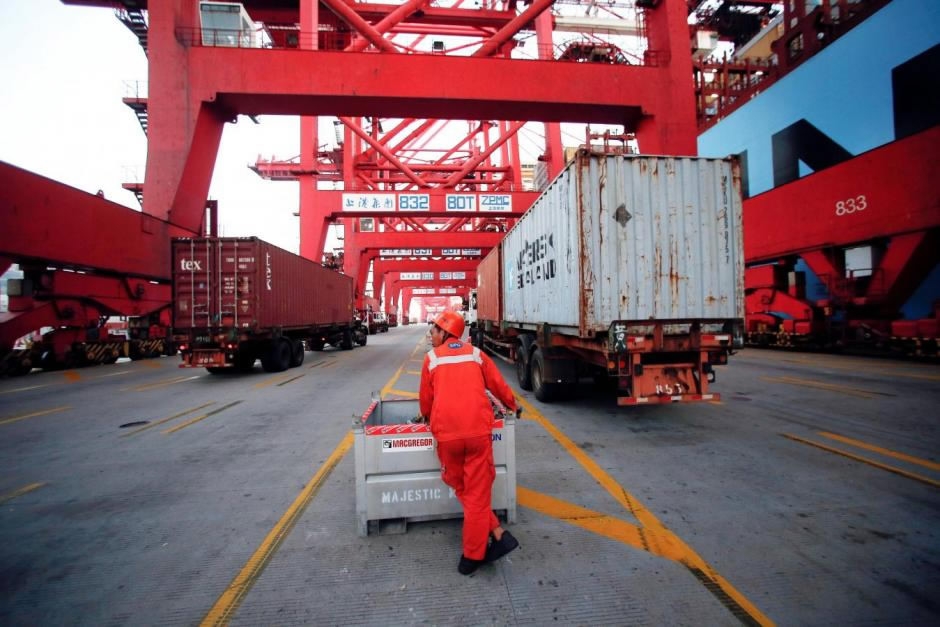
Business
23:11, 08-Feb-2018
Standard Charter's Mann weighs in on China and global risks
CGTN's Xia Cheng

The economy may be seeing synchronized growth, but the recent market volatility has spooked many investors. Would the end of cheap money dampen the global course of recovery?
Standard Chartered Bank global chief economist David Mann weighs in on central banks, the Sino-US trade feud and China’s bad loans in an interview with CGTN.
Global central banks: Balance sheet expansions come to an end in 2018
The Federal Reserve last month decided to keep rates unchanged, but global central banks are in a de facto tightening cycle.
Following the major market declines on Monday, traders changed their view on how many times the Fed will raise interest rates this year. Two rate hikes this year are a given, Mann forecasts.
Will China follow the global moves to tighten its monetary policy? Mann believes so, and expects China’s move to be categorized as “effective policy tightening” rather than “policy rate tightening.”
Mann expected the Bank of Japan (BOJ) to also stick to the camp of unchanging monetary policies. Japan’s inflation rate was just above zero, far from BOJ’s two-percent target. Therefore, the BOJ needs to keep its uniform policy for a time period that extends beyond that of other central banks, Mann explained.
Meanwhile, Mann mentioned that we will approach the end of the period when central banks expand their balance sheets.
In the past two years, global central banks’ balance sheets, particularly those of the G3 ( US, Germany and Japan), have been expanding at a faster pace than any time before. That is coming to an end this year, according to Mann.
“And by 2019, we will see shrinking in those balance sheets. We will see even more risk premiums in those markets, more potential volatility and less support for asset pricing inflation. That’s a risk we should be wary of over the next 12-18 months,” Mann told CGTN.

Reuters Photo.
Reuters Photo.
Sino-US trade feud: Across-the-board tariff unlikely
Sino-US trade friction has kept the world on its toes. US President Donald Trump recently decided to levy import tariffs against foreign-manufactured solar photovoltaic (PV) cells and modules, thrusting China’s solar market into the international spotlight.
We should be wary of cross-board tariffs. In our view, it will be a lose-lose situation all-around, though they are highly unlikely Mann added.
US multinational firms need to sell back into its home market, and one in five jobs in the US depends is tied in with trade. So the imposed tariffs will hurt US economy “arguably as much as, if not more than, other economies by going down that road,” explained Mann.
But he also admitted that politics driven acts against China on individual goods will exist.

Reuters Photo.
Reuters Photo.
Soured loans could be China’s gray rhino
Mann spoke highly of China’s deleveraging drive, saying “China has been doing an even more aggressive and successful job than anyone has expected in dealing with leverage challenges.”
What is the potential risk? The key one is the larger than estimated non-performing loans (NPLs), Mann pointed out. We know that there are even more NPLs yet to be fully recognized. If they get recognized, the condition will become more complicated, and that is what the IMF warned about, Mann said.
But the IMF also acknowledged that China has enhanced efforts in 2017 to address bad loans and kept the NPL ratio at a low level. “And China has much great financial capacity to cover losses. That is a major advantage as a starting point when dealing with the huge challenge,” Mann added.
(CGTN’s Wang Yue also contributed to the story.)

SITEMAP
Copyright © 2018 CGTN. Beijing ICP prepared NO.16065310-3
Copyright © 2018 CGTN. Beijing ICP prepared NO.16065310-3